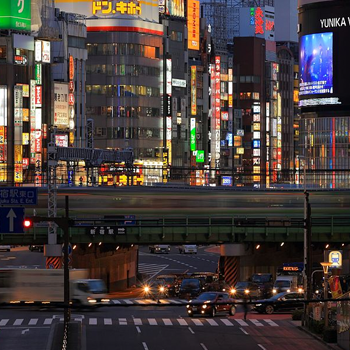Question #ff1a2
1 Answer
Use the formula
Explanation:
All reactions need some amount of energy to start. This amount of energy is called activation energy. Rate of a reaction is exponentialy dependent on activation energy. This can be proved by the fact Catalysts reduce the activation energy of a reaction because they increase the speed of the reaction. The more the peed of a reaction the activation energy is less. Reactions are faster when the temperature is higher so the activation energy is required less at higher temperature. So we come to the conclusion that temperature, (which is also affected by pressure), catalyst, rate of the reaction affect the Ea or the activation energy.
Now come to main equation
Use the formula
Where k is the rate constant
Where T is temperature in kelvin
So lets convert our variables to kelvin
Ea is activation energy
R is the gas constant ,
So plug in the variables
I'm removing the units because I want the equation to fit in one line but you should keep them
Use this formula

